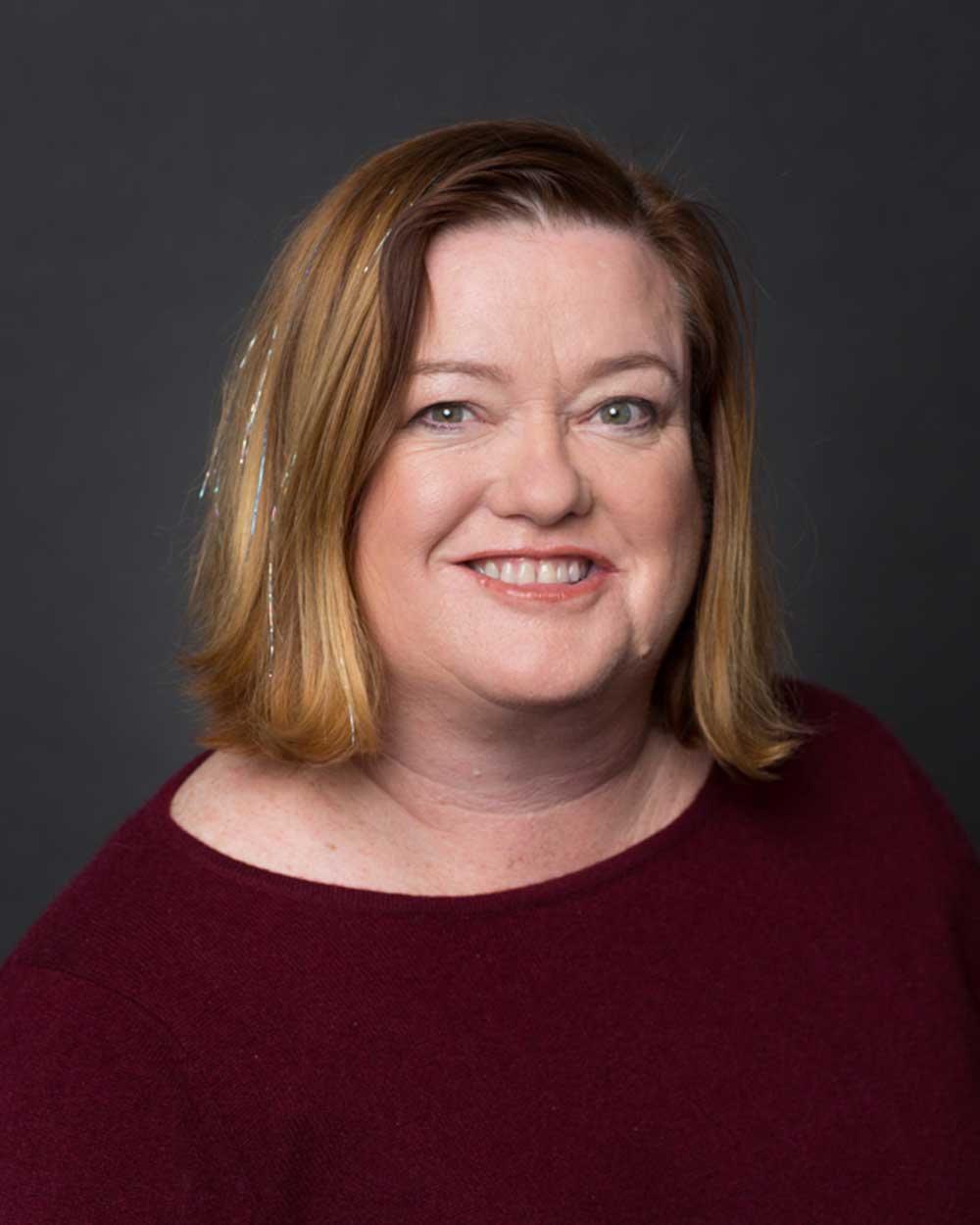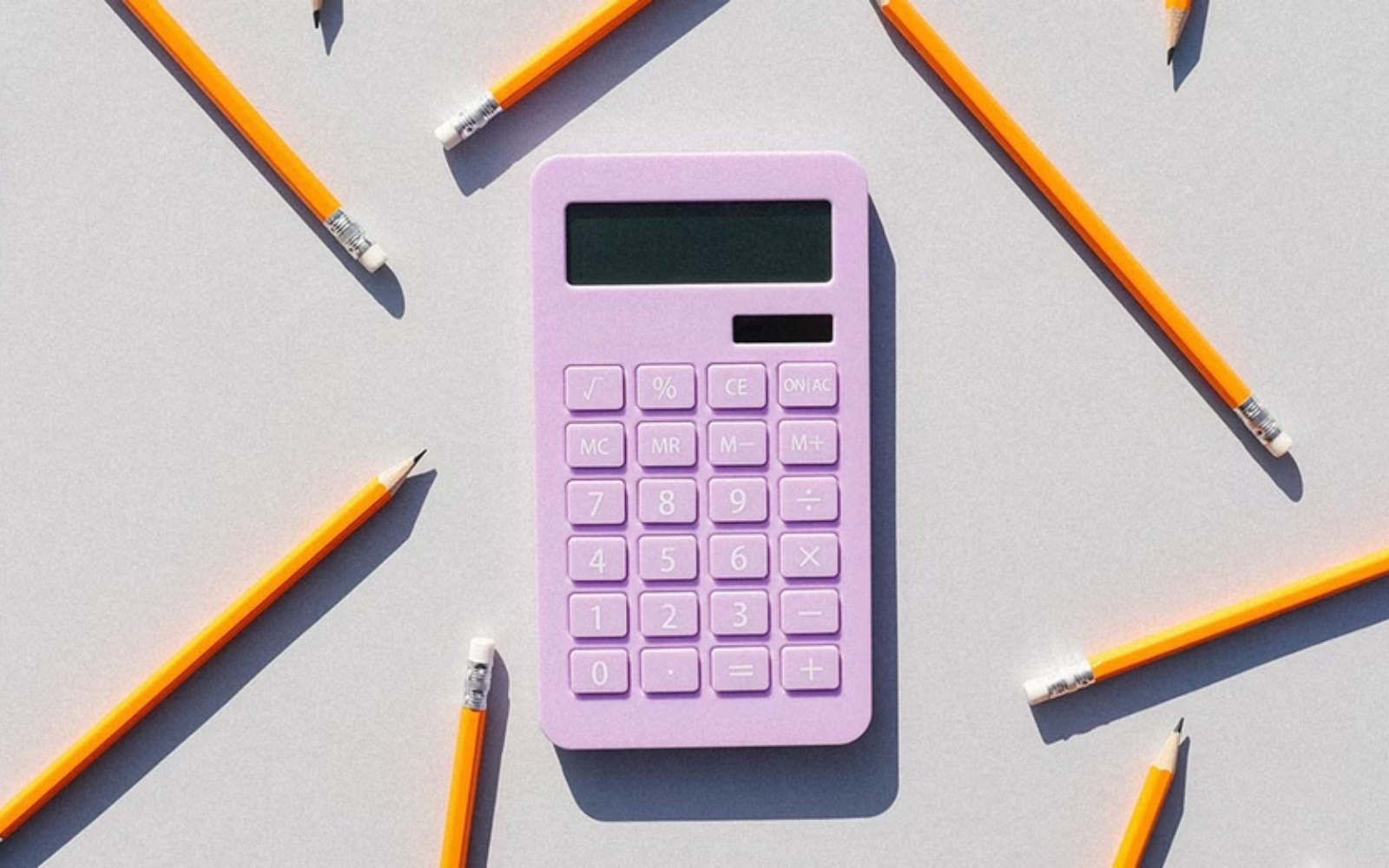Is Buying a House With Cash a Good Idea in Today’s Market?
By Cathie Ericson|Realtor.com
In light of today’s rising mortgage rates, the thought of saving money on a monthly mortgage payment by paying for a home all in cash might seem like a safe bet.
Moreover, home sellers swoon over all-cash offers, since it means there’s no doubt that you’ve got the coin to close the deal. And a happy seller means the house will be yours that much faster.
But before you drop every dollar you have on buying a home, you should understand all of the expenses you’ll have to cover, even if you plan on financing the house with cold, hard cash.
How to buy a home with cash
You can use cash from a variety of sources to buy a house. This can include an inheritance, personal savings, or even a cash gift.
It’s advised that you keep your homebuying funds in one account to ensure you can easily keep track of the money you’re going to need. Also, because bank transfers can have delays, you don’t want to be moving money around shortly before closing.
Additionally, you’ll need to provide the home seller with a copy of your bank statement as proof of funds when you submit your offer.
Staci Titsworth, regional manager of PNC Mortgage in Pittsburgh, recommends building an emergency fund that will cover living expenses for at least six months. And if you have extra cash after that, you’d be smart to funnel it into a retirement account, since a home alone should not constitute your entire nest egg.
How much are closing costs on a cash offer?
The purchase price is the biggest number you’ll have to face when buying a house, but there are still closing costs that must be dealt with, says real estate agent Denise Shur, with 1:1 Realty in San Jose, CA. Sure, you won’t have those loan-related fees, but there is a grab bag of others:
-
Real estate transfer taxes charged by the county and/or city
-
Title insurance fee
-
Processing and filing fees for forms being submitted to the county recorder
-
Appraisal fee
-
Home inspection fee
Even if you’re buying a home with cash, the one-time closing costs, or fees you’ll have to pay during the closing process, can be as much as 3% of the purchase price, according to Lee Dworshak, a real estate agent with Keller Williams LA Harbor Realty.
And even though you’ve paid for your home in cash and paid all closing costs, that doesn’t mean you can get away with living for free in the years to come.
Even though your residence is “paid off,” there are costs you’ll incur down the line. Here are some ongoing costs you should be prepared for by keeping some money in the kitty.
I have the cash to buy a house. What are the pros and cons?
The biggest pro of making a cash offer on a house is that it’s the most attractive offer to sellers.
“All cash can be an advantage when it comes to shorter escrow periods and eliminating some contingencies,” says Annapolis, MD, real estate agent Greg Beckman.
Depending on your market, an all-cash offer can strengthen your negotiation stance and persuade sellers to accept less than their full asking price.
However, “in today’s low-inventory seller’s market, don’t expect to get a crazy-good deal because you’re paying cash,” says Beckman. “But if you’re not in a bidding war, you should be able to get the home for a little less.”
As for the cons, the biggest drawback is ensuring you have enough money to pay for all the added dues that come with owning a house. These include the following:
Property taxes are part of the deal
They say the only things certain in life are death and you know what—and it’s true! Even if your house is entirely paid off, you’ll still have to pay property taxes each month.
To get an idea of what those bills will look like, check a home’s listing on Realtor.com®. Scroll down to the Payment Calculator section, and look on the line that says “Property Tax.”
To get a more definitive picture, visit your city and county websites to find out the local property tax rates and whether a hike is imminent. You can also check with your real estate agent to get a copy of the current owner’s tax bill.
Homeowners insurance adds up
The cost of your homeowners insurance policy will depend on the size and value of your home, your location, your deductible, and your coverage.
Talk to your current insurer about the home and area where you’ll be moving to get an accurate picture of your new insurance costs. You might need to add flood or earthquake coverage to your policy if those are real threats in your new neighborhood.
Buying a house with cash doesn’t absolve you of home maintenance
We hate to break it to you, but things break. That’s why savvy homeowners put aside some money each month for unexpected repair or maintenance needs.
Shur recommends considering a home warranty, which costs about $450 a year and provides coverage on a wide variety of items such as plumbing, electrical, heating/air conditioning, and appliances.
Homeowners association fees
If you’re buying a house with cash in a community with a homeowners association, you might have to budget for monthly or annual HOA fees. These mandatory fees go toward maintaining the common areas and are paid by everyone who owns property in the community.
These fees will be based on the size of your home and the amenities in your community.
Utilities are forever
Don’t forget to factor in utilities such as electric, gas, water, sewer, and trash. To get a clear picture of what you’ll be required to pay, ask your real estate agent to ask the sellers what a year’s worth of utility costs. These can fluctuate from season to season, so this is especially important if you’re moving across the country to a new climate.
Are there companies to help with all-cash house offers?
Currently in the market, three leading companies offer services to help homebuyers make all-cash offers: Flyhomes, Better, and Orchard.
Whether you’re buying a home for the first time or the fourth, you need to meet traditional underwriting standards for creditworthiness with a good credit score (in most cases, a minimum of 620) and a healthy debt-to-income ratio (43% is usually the highest a lender will accept).
“In today’s ultracompetitive housing market, it has become increasingly important for us to level the playing field for the average consumer, especially as the presence of iBuyers and institutional investors grows,” Flyhomes co-founder and CEO Tushar Garg told Forbes.
“Not everyone has the luxury of being able to make an all-cash offer on the home of their dream. And yet, it has almost become a prerequisite for entering the homebuying market altogether. By eliminating the incremental closing costs associated with the Flyhomes Cash Offer, we’re able to bring our mission of making every buyer a cash buyer one step closer to reality.”



